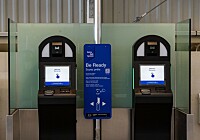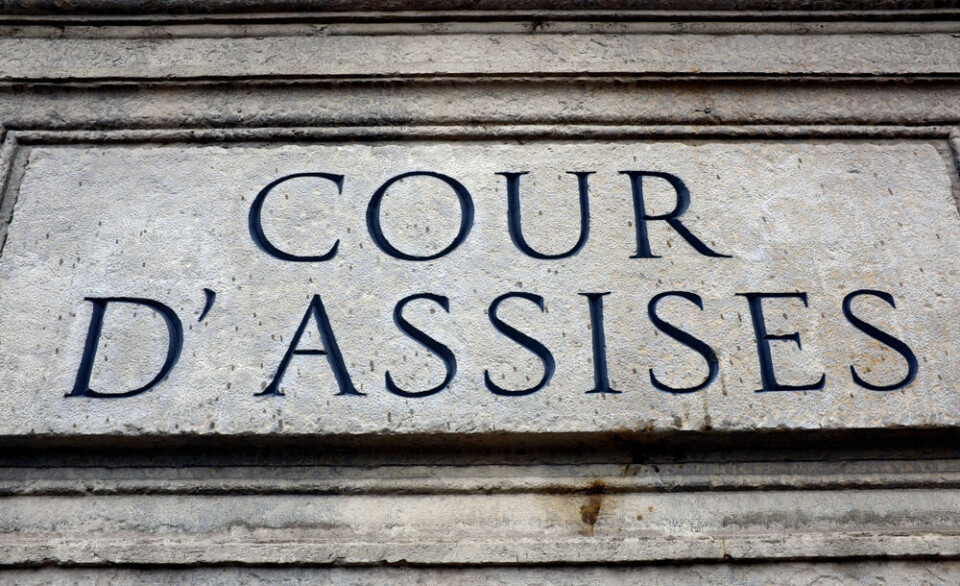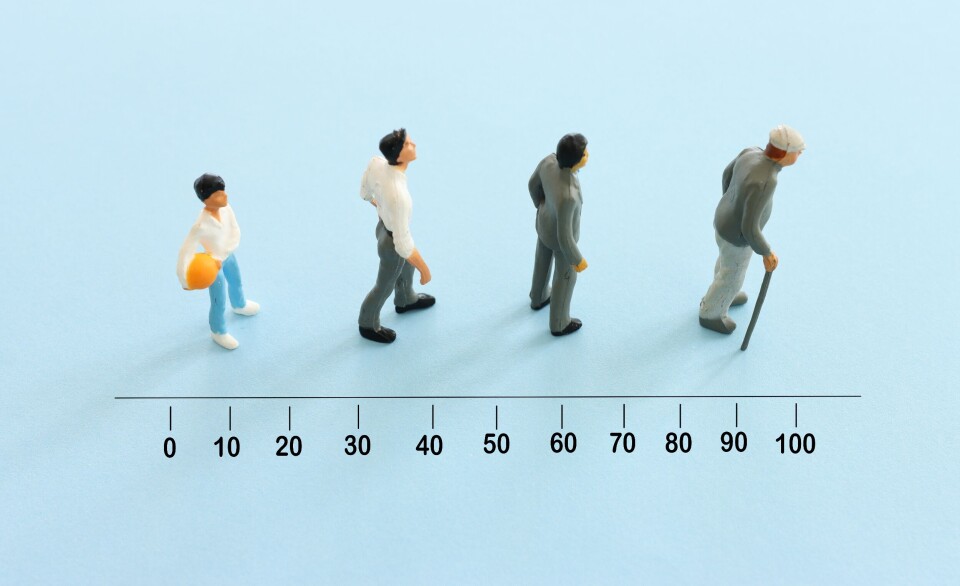Which taxes could be raised, or introduced, in new French PM's budget to combat debt?
‘The situation is extremely serious, more severe than I was led to believe,’ says new PM Michel Barnier
Mr Barnier has described France’s public finance situation as “extremely serious”
Alexandros Michailidis / jd8 / Shutterstock
UPDATE at 16:30: Michel Barnier gave an early idea of his budget proposals in a major policy speech to the French parliament. In particular he suggested:
- A “targeted tax effort” will be required in the 2025 budget after five years of tax reductions
- “Large companies making significant profits” will have to pay their share
- Tax justice is important but "wealthy individuals" should pay more as a part of an "exceptional contribution"
- Tax avoidance must be reduced
New French Prime Minister Michel Barnier is today (October 1) expected to reveal early clues to the draft budget for 2025, with tax changes one of the avenues being considered to reduce the deficit.
It comes after Mr Barnier described the country’s public finance situation as “extremely serious” at the weekend.
Read also: Michel Barnier is named as France's new prime minister
After he became PM, Mr Barner said: “When I arrived at Matignon [the PM’s residence], I found a very serious situation, much more severe than I had been led to believe. The public deficit is now over 6% of gross domestic product, a far cry from the 4.4% initially targeted for 2024,” he added in an interview with the Journal de Saône-et-Loire, on September 27.
He said that the debt accumulated as a result of past deficits had reached a new record of €3,228 billion by the end of June, almost €1,000 billion more than the figure when Emmanuel Macron took office in 2017, according to INSEE figures of September 27.
Tax changes
Among the proposals expected in the new budget is a new ‘exceptional’ tax on the profits of large companies. This surtax (reports Le Monde) would bring their tax level to 33.5%, a return to pre-2017 levels of taxation.
This measure could bring in up to €8 billion for the government by 2025, it has been estimated.
“The situation of our public finances requires us to take new measures by putting the burden on taxpayers with the greatest ability to pay,” Mr Barnier has said.
Another tax measure concerns the practice of ‘share buy-backs’. This is the term of when a company buys back its own shares on the market, reducing the number of shares in circulation, increasing earnings per share. The government is considering whether to impose this measure on certain companies.
The return of a general wealth tax has also been mentioned as a possibility by French commentators.
The wealth tax ISF was transformed into a property wealth tax (‘IFI’) by President Emmanuel Macron on his election in 2017 so it is currently only assessed on the value of real estate or property related investments.
Prior to this ISF was assessed on most forms of wealth, including money in bank accounts, cars, boats, jewellery etc.
Wealth tax (the current IFI and the previous ISF) is payable by people with total assessable wealth of more than €1.3 million after certain deductions such as 30% of the value of the main home.
Read also:
Immigration and mental health: New French PM outlines his priorities
French inheritance tax: current rules and what reforms are proposed
Polluting vehicle tax
Other possible tax measures could see higher taxes levied on more polluting vehicles.
Today, only vehicles emitting more than 118 grams of CO2 per kilometre (g/km) are taxed. The plan is to lower this threshold to 113 g/km in 2025, then 106 g/km in 2026, and 99 g/km in 2027.
This would “send a strong signal to consumers and manufacturers alike…[and] preserve the purchasing power of the average buyer”, the PM’s office has said.
Airbnb rental fees
Other taxes could also include extra fees on property such as the rental of furnished flats, especially for ‘career landlords’ and property managers who rent out properties such as Airbnbs in areas of housing tension.
The government has so far ruled out increasing taxes on so-called people with “modest incomes” and the “middle classes”.
Mr Barnier is set to present its first draft budget to the Assemblée Nationale in one week.




























